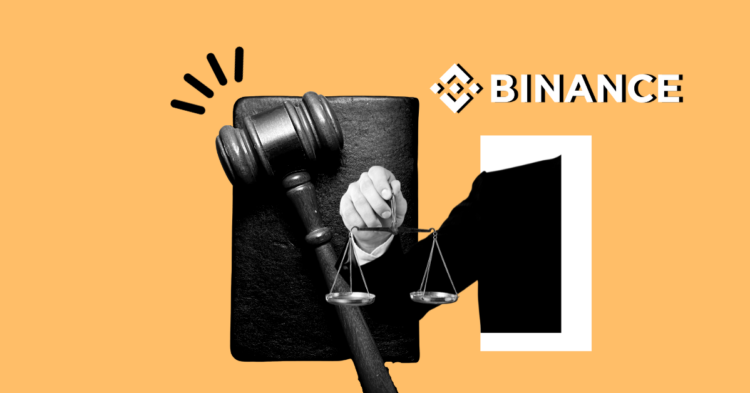The U.S. Securities and Exchange Commission (SEC) has intensified its legal battle against Binance, a leading cryptocurrency exchange. The SEC has broadened its classification of several tokens, including Axie Infinity Shards, Filecoin, Cosmos’ ATOM, Sandbox, and Decentraland, as securities. This move widens the scope of their claims, although the SEC recently clarified that other prominent tokens like Solana and Cardano are not classified as securities.
New Allegations Against Binance
The SEC has expanded its lawsuit against Binance, now including more tokens deemed as securities. The regulatory body alleges that Binance and its U.S. partner, BAM Trading, facilitated the trading of these newly identified securities without proper registration. According to the SEC, Binance’s platforms were inundated with promotional materials from token creators and promoters, falsely presenting these tokens as lucrative investment opportunities.
In essence, the SEC claims that Binance’s actions contributed to creating a market where these tokens were misrepresented as secure investments. This misrepresentation, according to the SEC, has misled investors and violated U.S. securities laws.
Illegal Operations Allegations
Additionally, the SEC’s updated complaint now accuses Binance of operating as an illegal exchange, broker-dealer, and clearing agency. The regulatory body asserts that Binance engaged in trading securities without the requisite registrations. Furthermore, the SEC claims that Binance failed to adequately inform users about the risks and legal issues associated with the tokens traded on its platforms, both in the U.S. and globally.
SEC Faces Criticism Over Legal Approach
The SEC’s broader legal action against Binance has not been without its critics. Many industry experts argue that the SEC’s approach resembles more of a “witch hunt” than a legitimate effort to establish clear regulatory guidelines. Critics contend that the SEC’s handling of the case is confusing and inconsistent, providing little clarity for the cryptocurrency industry.
Stuart Alderoty, Ripple’s chief legal officer, has highlighted inconsistencies in the SEC’s stance, specifically criticizing the term “crypto asset security” as an invented concept. Meanwhile, Paul Grewal, Coinbase’s chief legal officer, has expressed concerns about the SEC’s capability to manage the complexities of the cryptocurrency market. He believes that the regulator’s contradictory statements and disorganized approach are detrimental to the industry.
In summary, the SEC’s intensified legal action against Binance and the subsequent classification of various tokens as securities have stirred significant controversy. While the SEC aims to enforce securities laws within the burgeoning cryptocurrency market, the inconsistencies and criticisms surrounding their approach demonstrate the complexities and challenges of regulating this rapidly evolving industry.











